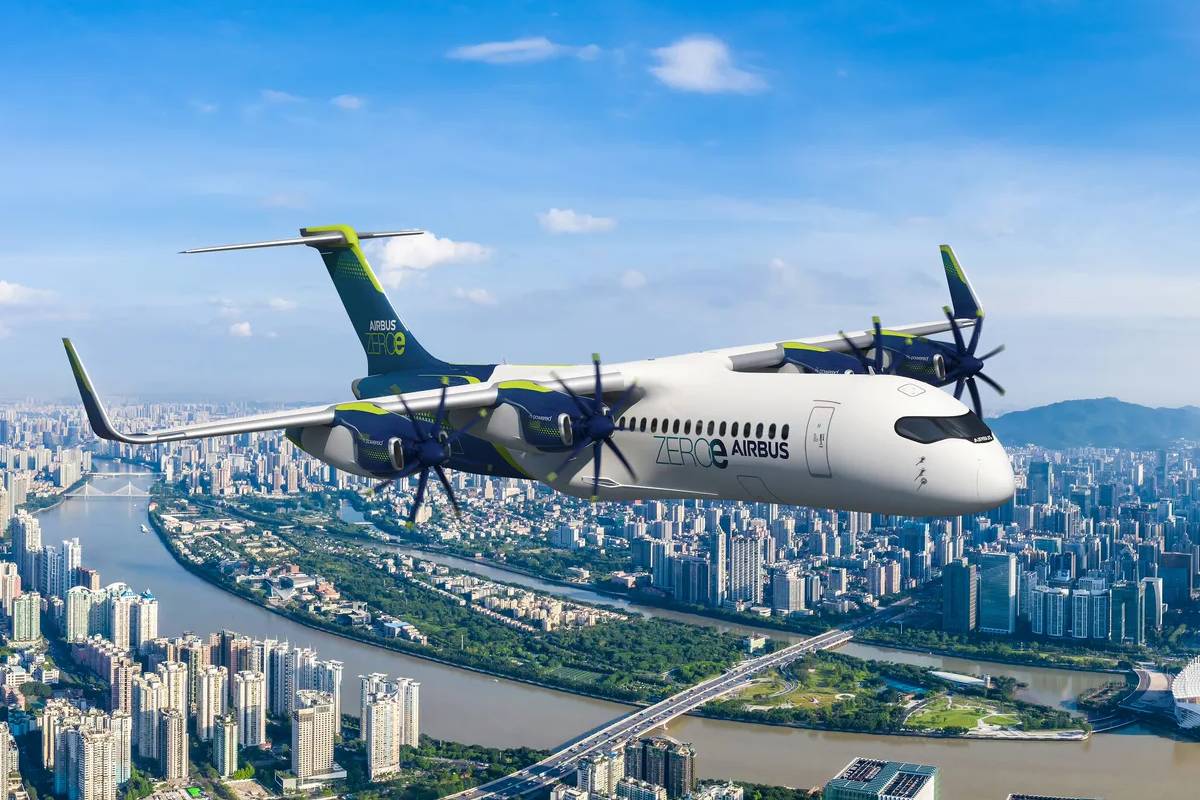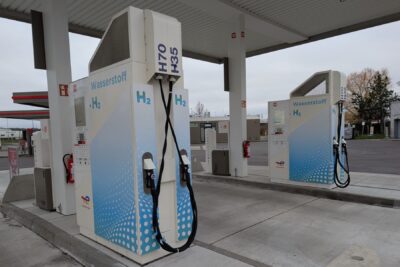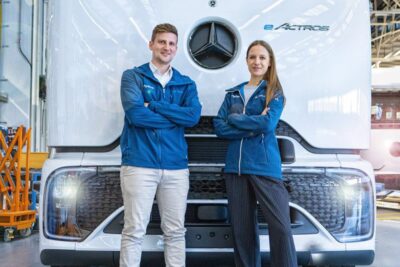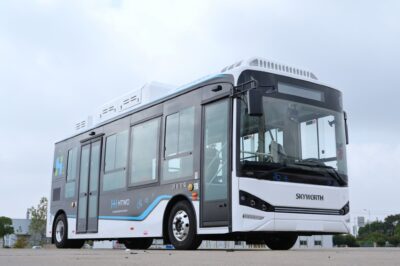Airbus and MTU deepen collaboration on hydrogen fuel cell propulsion for aviation
The Memorandum of Understanding (MoU) sets out a three-phase approach. Initially, the companies will mature the technological building blocks, leveraging European research initiatives such as Clean Aviation. The second phase will align both companies’ hydrogen R&T roadmaps. Subject to technical success and commercial feasibility, the final phase could see the development of a full-scale fuel cell propulsion system.
According to the partners, hydrogen, particularly hydrogen fuel cell systems, is becoming a central pillar in efforts to decarbonise aviation. That is why Airbus now places increased emphasis on a fully electric propulsion system powered by hydrogen fuel cells. As part of its ZEROe programme, Airbus aims to launch a hydrogen-powered commercial aircraft by the mid-2030s.
Even though Airbus’ timetable for hydrogen aircraft is likely to be delayed, the firm emphasises that its fuel cell prototype has already demonstrated promising results, supported by work in cryogenics and other enabling technologies. At the beginning of last year, Airbus announced the completion of its first 1.2-megawatt hydrogen fuel cell system for a planned concept aircraft. This was intended to be ready for commercial flight by 2035, with the first test flight planned for 2026.
MTU, meanwhile, brings deep expertise in engine development and has made significant headway with its own hydrogen efforts, particularly the Flying Fuel Cell concept. The company has reached several milestones in recent months. It finalised the design of its Flying Fuel Cell, commenced stack manufacturing, and successfully tested its eMoSys electric motor. A dedicated test cell is already operational in Munich.
In parallel, MTU is leading the Clean Aviation project HEROPS (Hydrogen-Electric Zero Emission Propulsion System), aimed at developing climate-neutral powertrain technologies based on fuel cells.
“Our focus on fully electric fuel cell propulsion technology for future hydrogen-powered aircraft underscores our confidence and progress in this domain,” said Bruno Fichefeux, Head of future programmes at Airbus. “This partnership will allow us to pool our collective knowledge, accelerate the maturation of critical technologies, and ultimately deliver a revolutionary hydrogen-powered propulsion system for future commercial aircraft. Together, we are not just imagining a sustainable future of flight, we are actively pioneering it.”
“As a globally recognised engine expert, we are driven by the vision of a revolutionary propulsion concept that allows virtually emissions-free flight,” added Dr. Stefan Weber, SVP Engineering and Technology at MTU Aero Engines. “Today, we are at the centre of a wide-ranging eco-system of partners aiming to achieve the complete electrification of the powertrain by using fuel cell technology. Partnering with Airbus opens up the possibility to jointly address both technology maturity and platform integration aspects.





0 Comments